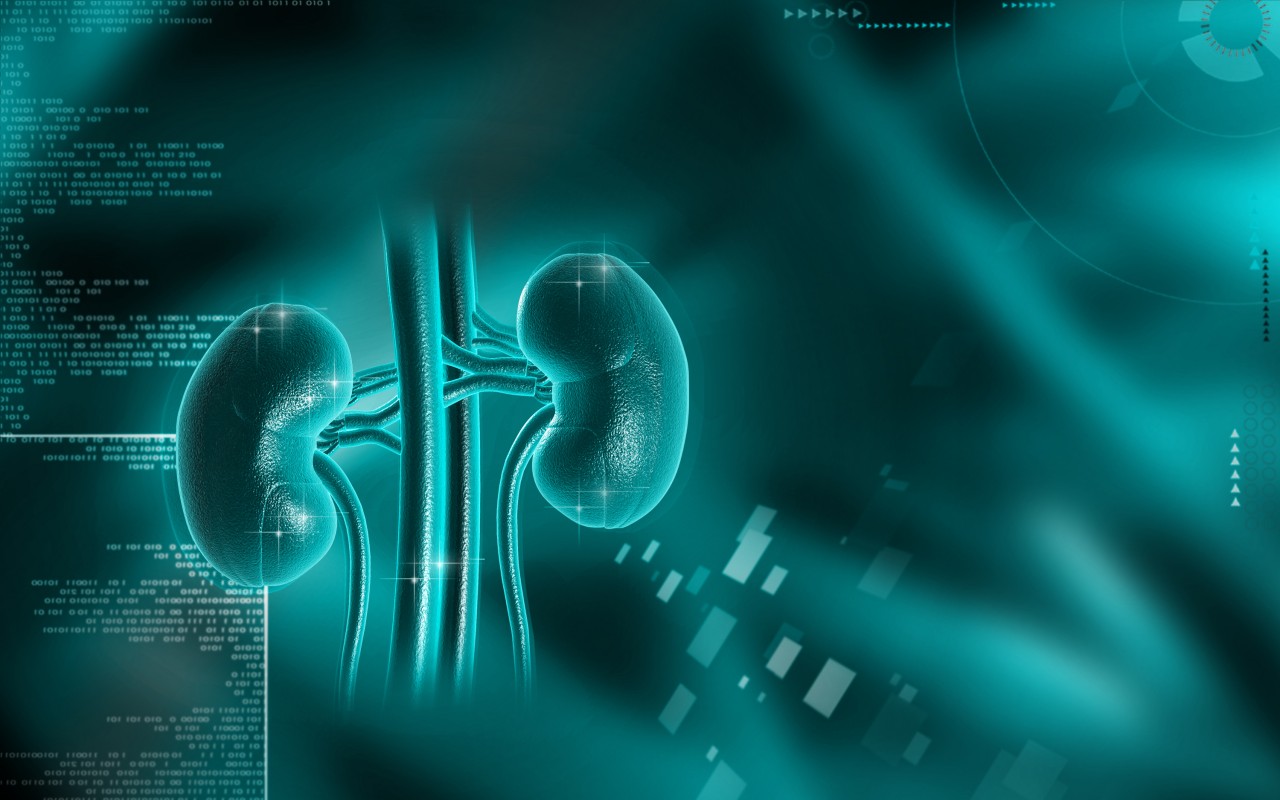University researchers in Milan, Italy, conducted a review study that looked at the use of biomarkers as an effective diagnostic, prognostic, and therapeutic response tool for kidney diseases, including chronic kidney disease (CKD). Their work, “Novel Biomarkers for Renal Diseases? None for the Moment (but One),“ was published in the latest edition of The Journal of Biomolecular Screening.
The leading author of the study is Dr. Giuseppe Remuzzi, director of the UO of Nephrology and Dialysis, Company Medicine Hospital Pope John XXIII (ex Ospedali Riuniti) in Bergamo, Italy. Remuzzi’s research is primarily concerned with the causes of glomerulonephritis and progression of kidney disease mechanisms, with his most recent research focusing on regenerating tissue to create organs (kidneys) in the laboratory using stem cells.
In an effort to understand the importance of clinical biomarkers (biological indicators that are objectively measured and evaluated) in the diagnosis and treatment of kidney disease, Remuzzi and his co-author conducted a review of the current clinical and academic research that focused on the following:
- Commonly used methods for clinical assessment of renal function and their limitations;
- Established and new biomarkers in various renal diseases, such as CKD.
After analyzing the research, the authors found that even though “the use of biomarker panels is probably the right way forward,” currently the technology is not there, and there is a real unmet need of data integration across research and academic institutions that would promote the advancement of successful biomarker utilization for the diagnosis and treatment of kidney diseases.
The authors strongly encourage the building of future institutional collaborations with the purpose of discovering new biomarkers.
“The broad use of genomics, epigenetics, transcriptomics, proteomics, and metabolomics will probably translate into a major breakthrough in the management of kidney diseases over the next decades,” the authors wrote. “At the moment, however, the complexity and costs of these technology platforms represent formidable obstacles to their usage in everyday clinical practice. Thus, we concur that, with the exception of serum anti-PLA2R antibodies in most cases of primary membranous nephropathy, novel biomarkers have no additional value compared to conventional ones such as creatinine, albuminuria, and proteinuria.”

